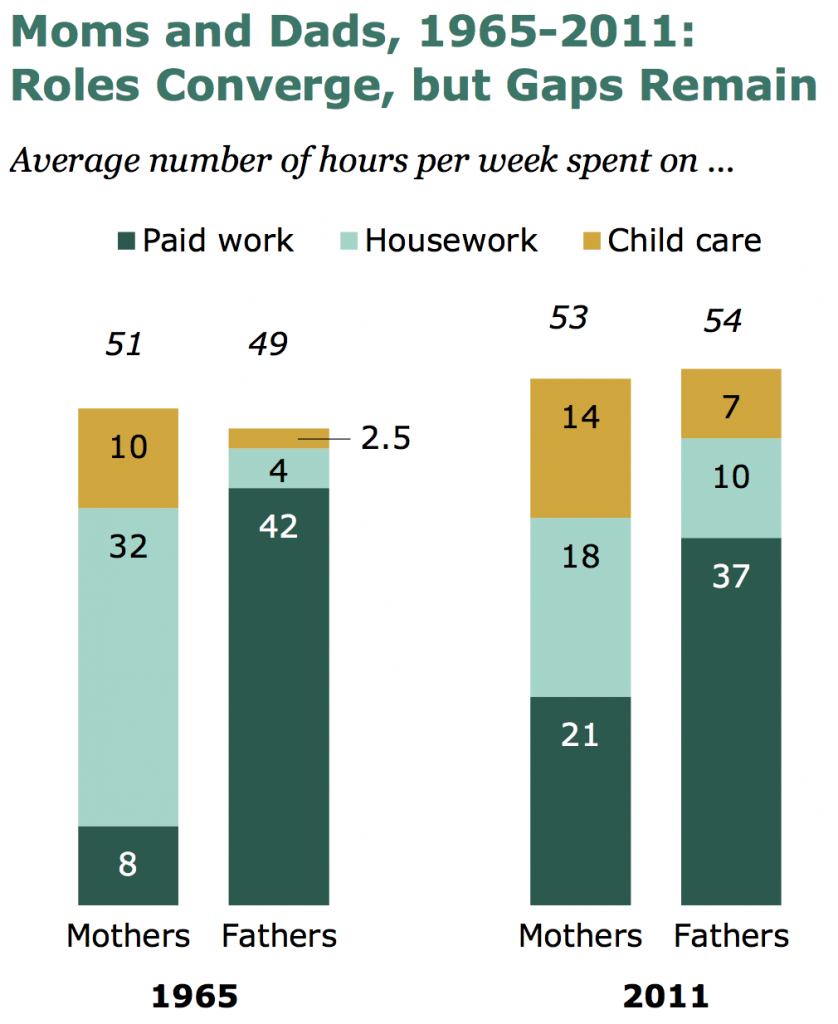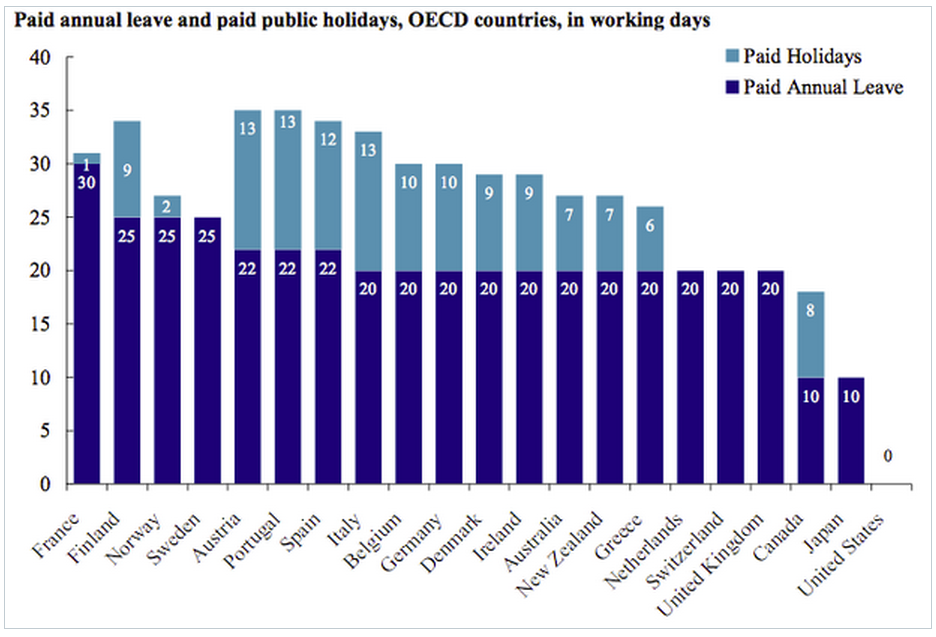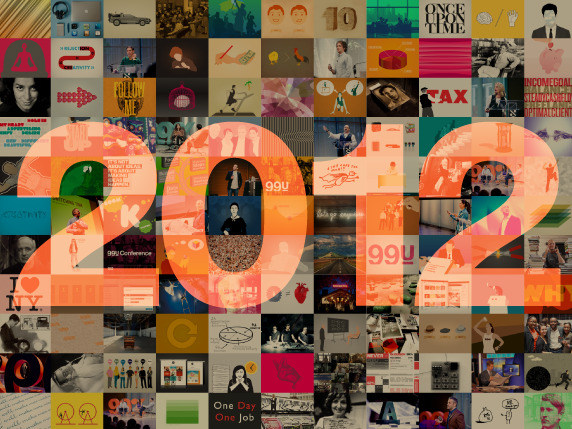Bit of a weird assortment this week. Lots of links related to women and gender issues, probably because I’m still pondering Lean In, the Steubenville verdict, and the connections between them.
But first: March Madness! That’s right:
Public Radio Bracket Madness! — Poll
As I’m putting this post together on Thursday morning, they’re accepting votes for the sweet 16. Some are a slam dunk: Radiolab beats Morning Edition—sorry Steve Inskeep. Some are impossible: Fresh Air v. Prairie Home Companion? What if you find them equally irritating?
Speaking of NPR, Radiolab’s Speed episode was excellent as usual, and my kids and I continue to monitor the pitch drop experiment. Any week/month/year now…
~
NEXT Church — Liturgy, Music and More
I’m humbled to be the co-chair of NEXT Church for the next two years. NEXT is a conversation within the Presbyterian Church that’s seeking to find areas of health and innovation in the church so they can be nurtured and propagated. You can access the music, liturgy and “ribbon ritual” we did at the conference from our resources page. Or watch the presentations here. And here’s our video. You might recognize a familiar voice:
~
Imagine a World without Hate — Anti-Defamation League (via Upworthy)
This 1-minute video was spammed widely on Facebook this week. But in case you scrolled by without watching, as I did repeatedly—stop now and click the link above. It’s powerful.
~
Five Questions Every Woman Should Ask Herself — Positively Positive
This came from a Facebook friend:
The big question remains: Can women really “have it all?” I tend to categorize myself in the “something’s got to give” camp—multi-tasking and juggling can take us just so far.
…It seems like we are feeling more exhausted and guilty than ever before because we are constantly reaching for the unreachable. And research seems to back this idea. Studies show that women today are less happy relative to where they were forty years ago and relative to men.
So, where do we go from here? The answer may be in the way we are defining a fulfilling life or “having it all.”
I could write about this tension between ambition and balance for the rest of my life. Suffice to say that there’s a reason that this E.B. White quote is so beloved to me:
If the world were merely seductive, that would be easy. If it were merely challenging, that would be no problem. But I arise in the morning torn between a desire to improve the world and a desire to enjoy the world. This makes it hard to plan the day.
~
Choosing to Stay Home — Andrew Sullivan, The Dish
Sully’s had a lot of discussion lately on gender differences, work-life balance, wives taking their husbands’ names, etc. Was especially interested in this graph in this post:
Women are doing more child care than they were in the 1960s, even though their work outside the home has almost tripled. ??
~
How Not To Worry: A 1934 Guide to Mastering Life — Brain Pickings
How can you not love a book called You Can Master Life? Adorable. Anyway:
Gilkey [the author] cites a “Worry Table” created by one of the era’s humorists — most likely Mark Twain, who is often quoted, though never with a specific source, as having said, “I’ve had a lot of worries in my life, most of which never happened.” The table was designed to distinguish between justified and unjustified worries:
On studying his chronic fears this man found they fell into five fairly distinct classifications:
- Worries about disasters which, as later events proved, never happened. About 40% of my anxieties.
- Worries about decisions I had made in the past, decisions about which I could now of course do nothing. About 30% of my anxieties.
- Worries about possible sickness and a possible nervous breakdown, neither of which materialized. About 12% of my worries.
- Worries about my children and my friends, worries arising from the fact I forgot these people have an ordinary amount of common sense. About 10% of my worries.
- Worries that have a real foundation. Possibly 8% of the total.
Gilkey then prescribes:
What, of this man, is the first step in the conquest of anxiety? It is to limit his worrying to the few perils in his fifth group. This simple act will eliminate 92% of his fears. Or, to figure the matter differently, it will leave him free from worry 92% of the time.
Unfortunately Gilkey doesn’t understand that worry abhors a vacuum. Eliminating 1-4 will mean that we worry the same amount, just with greater focus… ![]()
~
When Do Good Deeds Lead to More Good Deeds? — Science and Religion Today
Sometimes good deeds make us feel good, so we do more. Other times we feel we’ve “done our share” so the good deed excuses us from goodness the next time. A brief discussion about the current research on this topic, which is scant, unfortunately.
~
“We Are Inseparable!”: On Maurice Sendak’s Last Book — New Yorker
Sendak continues to fascinate, even after his death:
Sendak made this book for those adults who had grown up with his stories.
This is a melancholy thought. In dedicating this last story to us, his once-children readers, he is marking the passage of time in our lives. He’s dated us. When I pick up this new book, I am reminded, as if I needed to be reminded, that I am no longer the ferocious, hyper-absorbed, small wonder of a Sendak reader I once was—nor, I’m guessing, are you. Had Sendak created another “Where the Wild Things Are” for us, would we even be able to appreciate it? For us obsolete children, as Theodor Geisel dubbed adults, it would be beside the point.
What makes this last book special is that Sendak is willing to meet his former-children readers where they are now in their lives—on the condition that they meet him where he was at the end of his. Kushner told me that he saw Sendak, toward the end of his life, eyes dimmed, hunched over his studio desk, pressing his face so close to the drafts that his dear nose was almost touching them. For his devoted readers, this tender proximity—this intimacy—may be the most affecting part of “My Brother’s Book.” The supple details are Sendak’s way of physically drawing us in, closer and closer, until we tap the page with our own noses: one last kiss goodnight.
~
And finally, some perspective. This was posted to Facebook this week:
I’m in Massachusetts until tomorrow, officiating a wedding for a high school friend. Congrats to D and D! (Hey, that’s handy for monogramming…)









